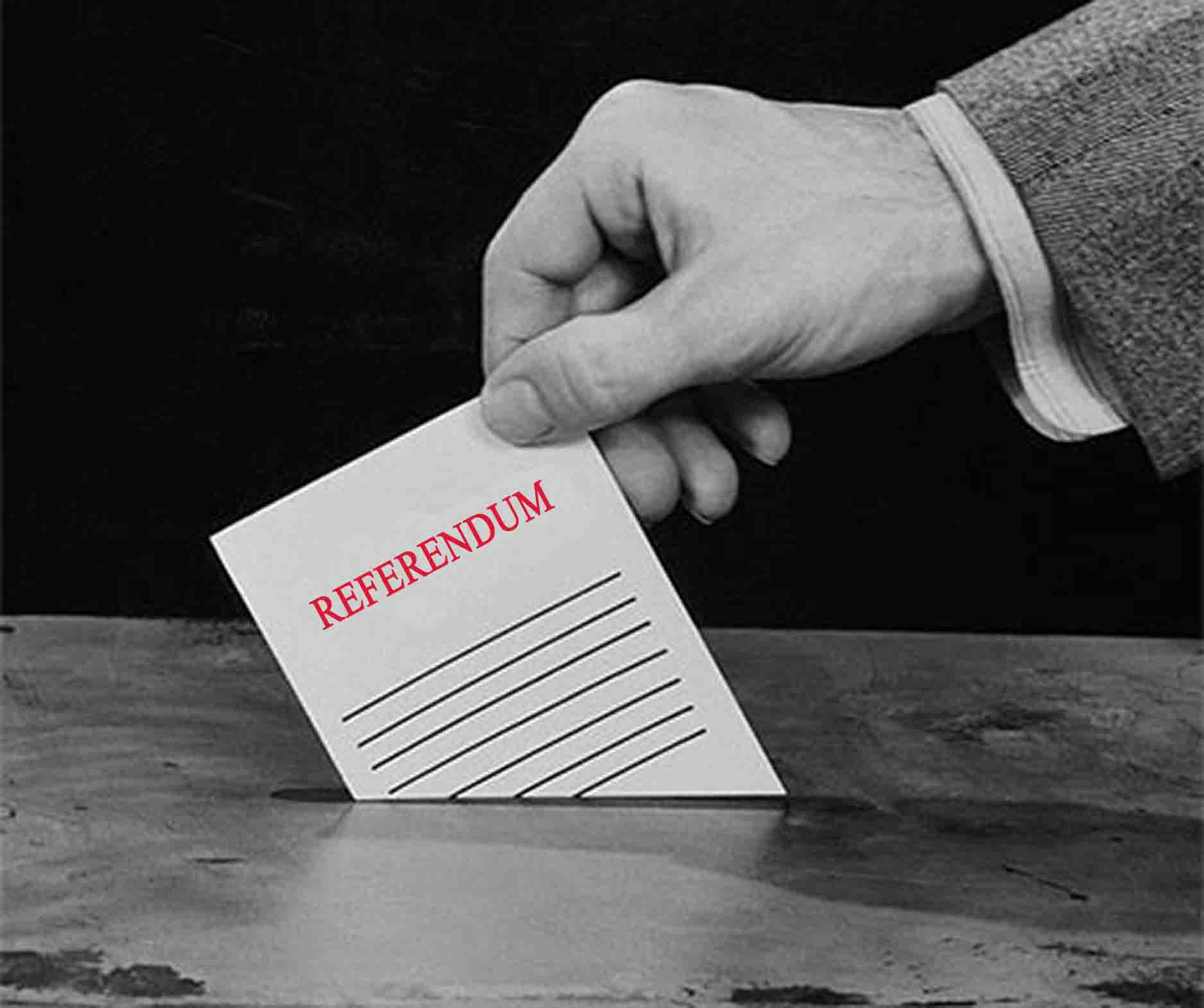The ongoing debate over whether Canada should have a referendum on electoral reform seems to be at an impasse. In the interests of throwing a new option out there, let me suggest this: the Liberal government was elected on a mandate to reform the election system. The government was not, however, elected on a mandate to reform the system to a particular type of alternative. The obvious solution, then, is to have a referendum, not between the status quo and an alternative, but between alternatives themselves.
It's hard not to feel sorry for Democratic Reform Minister Maryam Monsef. The almost preternaturally positive rookie minister has the unenviable task of ad-libbing filler as the government explores its eventual position on electoral reform.
On the one hand, she's absolutely right: consultations should happen, and it would be both wrong and unfair to rush to judgement on which type of electoral reform should emerge.
Yet, the Conservative opposition makes a strong point when they say the government was not elected on a mandate to impose a particular type of electoral reform on Canadians without a referendum. Whether in British Columbia or Britain, New Zealand or Ontario, changes to the electoral system have been put to a plebiscite. It's almost a precedent.
Conservative critic Scott Reid MP rightly notes, "Neither the Liberal platform, nor any utterance from the party since, has indicated exactly what would replace the current electoral system…in the absence of naming any specific alternative, voters have not, in fact, had the opportunity to choose one over others".
But implicit in his argument is the concession that the government was elected on a mandate to reform the electoral system. Prime Minister Justin Trudeau could not have been more clear in the spring of 2014: "This will be the last election run by first past the post", he pledged.
In other words, the question the Liberal government has to face is not whether we have electoral reform, but what type of electoral reform.
A referendum is perhaps an unrivalled persuasion and educational opportunity to have a fulsome and robust public debate. This is critical: the government should not seek to merely change our electoral system; the government should aim to prepare Canadians to use the new system and understand it. A referendum, coupled with citizens' assemblies and other tools, can also be about civic literacy, as much as a general election can be an educational tool to share the winning party's plans with the public.
Former Ontario Liberal cabinet minister Dr Marie Bountrogianni told Maclean's something similar in the spring, suggesting, "I think there would have to be an education process of some sort, and then a vote".
I get that the government does not want to be distracted from their broader agenda by electoral reform. But, first of all, they basically already have been. Even more so, something this seminal and transformative should be done publicly, clearly and boldly. Justin Trudeau has already shown he has unique political persuasion talents and the ability to win. He should do so again in favour of his preferred electoral reform.
Furthermore, it is not like Canada has a referendum obsession; the last national referendum occurred when I was two years old. As Professor Emmett Macfarlane argues, "I think electoral reform is considerably more fundamental than ordinary policy decisions, at least in a constitutional sense, but probably also in a 'this should be decided by the most democratic means possible' sense".
It's believed that the Prime Minister is loathe to call a referendum given the poor success rate in other jurisdictions. Electoral reform has been on the ballot in various provinces and other countries, and often failed to gain the support necessary.
Yet, where electoral reform referenda have failed, it was almost always a choice between the status quo and a reform option.
In our context today, that is an unnecessary debate. Trudeau was clearly elected with a mandate to change the electoral system. But, his platform and pronouncements did not specify which type of system. Still, he was quite clear that change was going to happen under his leadership.
So, put the type of change to the Canadian people. Run a ballot between the two reform options that emerge from public consultations. In other words, given Canadians a short list and let us pick between the two options. Let us choose between, for instance, ranked ballots and proportional representation, with a vigorous educational campaign preceding the vote.
And for Monsef, who all must agree means well, the freedom to finally come out and pitch a clear plan would come as a relief. It would also let her do the right thing by ensuring a democratic mandate for democratic reform.






